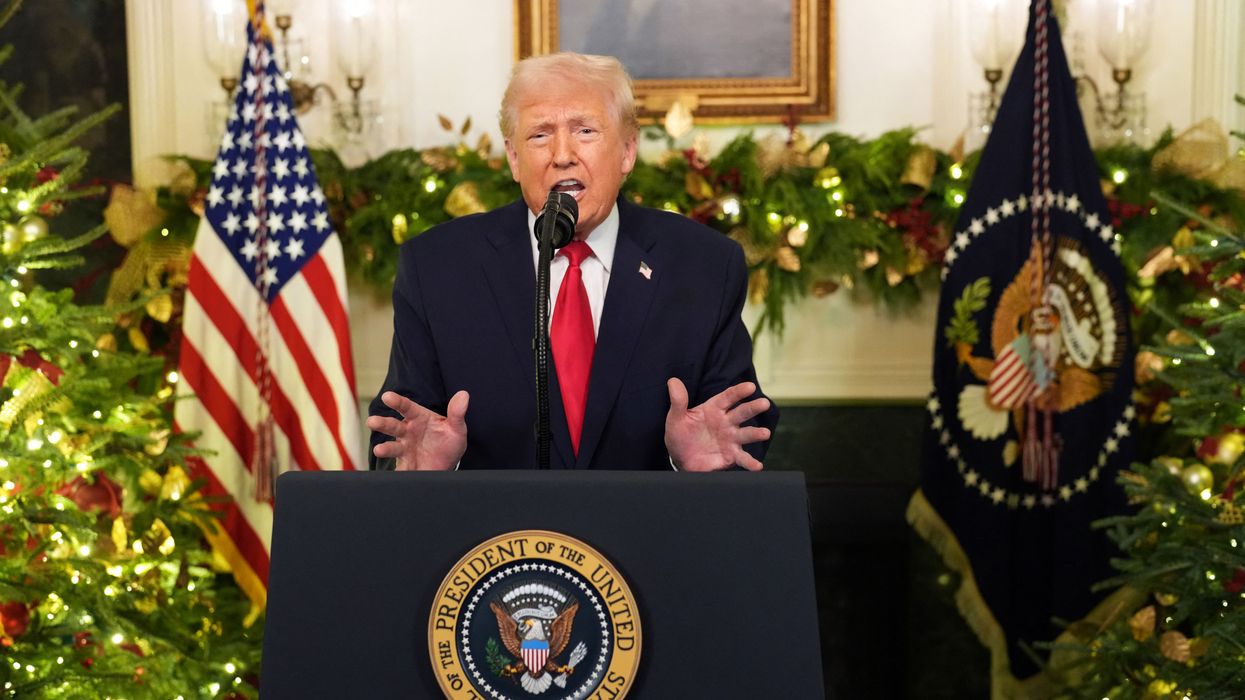MarketWatch reports today: "Senate Banking Committee Chairman Christopher Dodd, D-Conn., has dropped plans for a separate, stand-alone agency to protect consumers against credit-card and mortgage fraud in a bid to restart stalled financial reform legislation."
WILLIAM K. BLACK
Black is associate professor of economics and law at the University of Missouri, Kansas City. He was a senior regulator during the savings and loan scandal and blew the whistle on prominent politicians, including House Speaker Wright and the five U.S. senators who became famous as the "Keating Five." He was the lead staffer on the successful reregulation of the S&L industry and directed the investigations that led to convictions in many of the worst S&L frauds.
He said today: "The single most positive element of the Senate reform legislation was the creation of an independent regulatory agency dedicated to consumer protection against financial abuses. The scope of those financial abuses is staggering. What the FBI rightly warned about in September 2004: an 'epidemic' of mortgage fraud that they predicted would cause a financial 'crisis' caused the housing bubble to hyper-inflate and caused the greatest loss of working class wealth in our history. The crisis also shows that protecting consumers simultaneously protects honest lenders. A 'Gresham's dynamic' caused this crisis -- lenders that engaged in accounting 'control fraud' gained an advantage over honest lenders because accounting fraud is a 'sure thing' that produces record (fictional) profits that maximize executive bonuses. George Akerlof and Paul Romer captured this dynamic in the title of their 1993 article: 'Looting: Bankruptcy for Profit.' Lenders optimize accounting fraud by lending to the least financially sophisticated borrowers on predatory terms. Despite FBI warnings and ample warnings to the Federal Reserve in hearings (mandated by Congress -- the Fed would not have even held the hearings absent that compulsion) about endemic lender fraud and predation, the Fed refused to use its authority under HOEPA to prevent the accounting fraud and predation. Worse, Treasury and the Fed have overwhelmingly perverse institutional incentives to represent the interest of the worst financial executives -- the looters -- against the interests of borrowers.
"The proposal to amend the Senate bill to place consumer protection in Treasury, rather than an independent regulatory agency with institutional incentives to protect borrowers, is a sick joke. This is not even a case of putting a fox in charge of the proverbial chicken coop -- the foxes have already slaughtered the chickens. The only reason we were successful in reregulating the S&L industry during the Reagan administration was because the Federal Home Loan Bank Board was an independent regulatory agency. The administration hated our successful reregulation, which kept the debacle from developing into a Great Recession, and would have blocked it had we not been an independent regulatory agency. Its successor administration's, the first President Bush's, first significant legislative response to the S&L debacle (the 1989 FIRREA legislation) ended the Bank Board's independent regulatory status and made its successor (OTS [Office of Thrift Supervision]) a bureau within Treasury. OTS, of course, under the second President Bush's appointees, joined its sister bureau (OCC [Office of the Comptroller of the Currency]) in becoming an anti-regulatory disgrace. The OTS went so far as to encourage a failed S&L to file false financial statements to disguise its failure. OCC spent all of its energies successfully preempting efforts by state attorneys general to protect borrowers from predatory lenders. We are now supposed to believe that the answer to the crisis is to create another Treasury bureau? To be successful, that bureau's function would have to be negating every policy of the OCC and the OTS. That, obviously, is not going to happen. Treasury will continue to represent the financial industry at the direct expense of our nation. [James] Galbraith ('The Predator State') and [Thomas] Frank ('The Wrecking Crew') explain how and why this happens.
"Independence does not guarantee effective regulation (witness the Fed and the SEC), but it is a sine qua non for effective regulation. Four things make for effective regulation -- and independence increases the chances of each element occurring. The first is leadership. This is where even independent agencies are deeply vulnerable because the president appoints their leaders. Bush, for example, appointed Harvey Pitt, the most notorious anti-regulator, as Chairman of the SEC. However, leaders can change. Bank Board Chairman Gray is an example of this process. He was a patron of deregulation but saw that it was optimizing the S&L environment for accounting fraud.
"The second requisite is power. The agency needs effective regulatory, examination, data, and enforcement authority. An independent agency is less subject to OMB's and OPM's anti-regulatory efforts that focus on these elements.
"The third necessity is to create institutional incentives that increase the odds that the agency will seek to fulfill its regulatory mission rather than being 'captured' by the industry it is supposed to regulate. The Fed, of course, is set up in exactly the wrong manner due to the regional banks. The banks dominate the organization that is supposed to regulate them. Take a look at the 'public interest' directors of the regional Fed banks if you want to have a sad laugh.
"The fourth requirement is to develop a professional regulatory culture. This takes time, and it can be lost. The examiners and supervisors need to value expertise and be dedicated to their statutory mission. They should have no interest in party. (To this day, I do not know the political affiliations of my three regulatory colleagues that I joined in meeting with the 'Keating Five.') They must believe that (some) regulation can succeed or they will be defeated from the beginning. They must limit their use of power and avoid conflicts of interest. Good regulators do not have enemies lists even when their opponents do have such lists. Michael Patriarca (the top S&L regulator in the West) exemplified this element. His order to us with regard to Charles Keating's Lincoln Savings (the most infamous 'control fraud' of the S&L debacle) was that we would always walk 'square corners' in our regulation of that S&L and every other S&L. Self-restraint is essential, but so are two related cultural elements -- integrity and courage. Chairman Gray knew that reregulating the industry would destroy his career. Michael Patriarca persisted in recommending that Lincoln Savings be taken over even when Chairman Gray's successor (Danny Wall) made clear that he was enraged by that recommendation and even though Wall's chief of staff warned Patriarca that Keating was so powerful and vicious that 'they can get you in ways you'll never know you've been gotten.' (Note that despite a track record of unmatched regulatory success and integrity neither the Bush nor the Obama administration has appointed Patriarca as a regulatory leader or even sought his advice.)"
Black is also a white-collar criminologist. His research focuses on elite frauds ("control frauds") that control seemingly legitimate organizations and use them as "weapons" of fraud -- and the financial crises such frauds produce.



